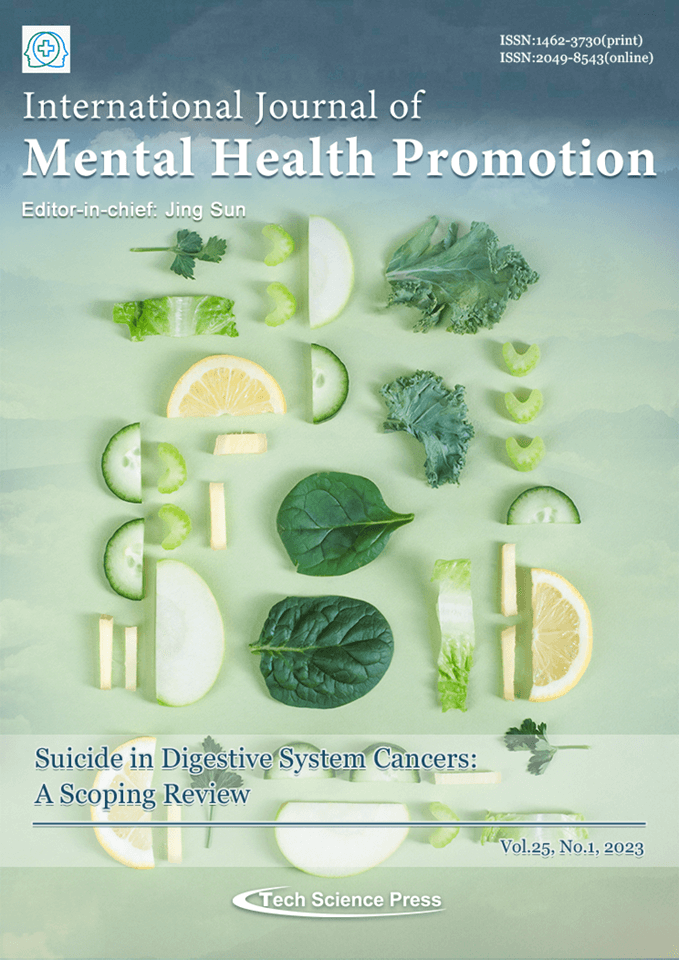
Identifying the suicide-related risk factors in digestive system cancer patients is an indispensable step in suicide prevention. It can not only save the lives of these patients, but also improve their quality of life. The conclusions of our review, coupled with further research and analysis, will be used to develop comprehensive screening strategies for early identification and interventions of cancer individuals at high suicide risk. Finally, we hope that healthcare providers will take more effective measures to support their clinical care and reduce suicide rates, which are matters of great urgency.
View this paper